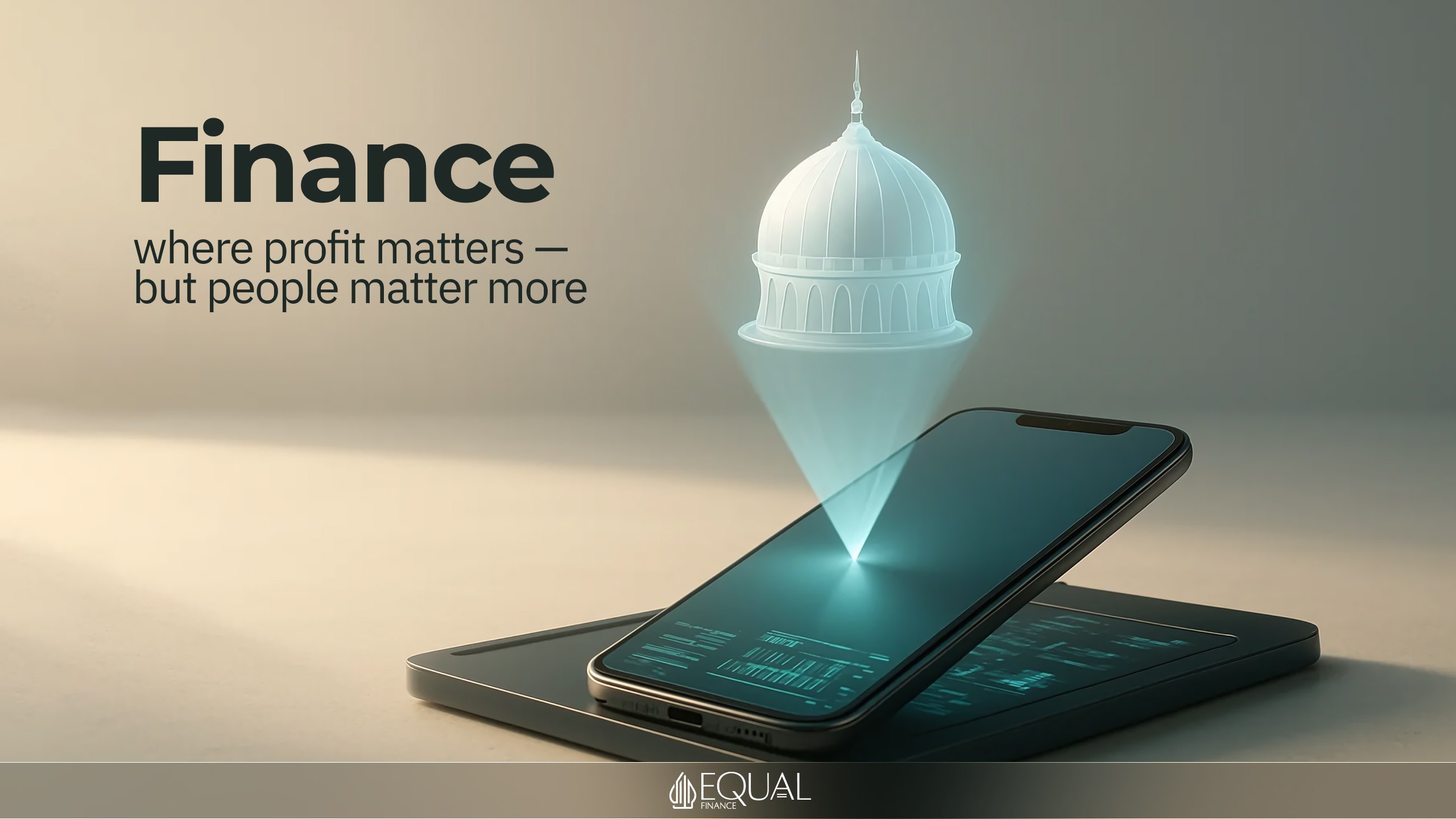What is Social Responsibility in Islamic Finance?
Social responsibility is a core pillar of Islamic finance, rooted in Sharia’s ethical framework from the Quran and hadiths. Islamic finance demands fairness, transparency, and a ban on exploitation, inherently tied to societal welfare. Unlike conventional finance, where profit often reigns supreme, Islamic finance prioritizes community well-being alongside financial goals. This stems from prohibitions on interest (riba), gambling (maisir), and uncertainty (gharar), with a focus on real assets.
These principles trace back to early Islam, when communities supported the poor through zakat (mandatory charity) and voluntary giving (sadaqa). Modern Islamic banks and institutions carry this forward, embedding social responsibility into their operations. Their aim isn’t just profit but societal upliftment, appealing to ethically minded investors globally. In 2022, the Islamic finance market hit $4.5 trillion, projected to reach $6.7 trillion by 2027 (LSEG), reflecting its growing impact.
Here, social responsibility goes beyond charity—it’s a systemic approach to economic justice. Banks channel profits into social initiatives like education and healthcare, aligning faith with action. This blend of ethics and practice sets Islamic finance apart. It offers a model where profitability and morality coexist, inspiring even non-Muslim institutions.
How Does Islamic Finance Embody Social Responsibility?
Islamic finance embodies social responsibility through mechanisms that redistribute wealth and reduce inequality. Zakat, a 2.5% annual levy on Muslims’ wealth, is mandatory and aids the poor, orphans, and needy. Banks often manage these funds, directing them to social programs efficiently. In Malaysia, Islamic Relief uses zakat to fund schools and clinics in underserved areas, enhancing community welfare.
Microfinance is a key example, with Islamic banks offering interest-free loans (qard hasan) to small businesses and farmers. Indonesia’s Baitul Maal Muamalat has issued such loans to thousands, lifting entrepreneurs out of poverty. This boosts local economies while strengthening communities, aligning with Sharia’s fairness ethos. These efforts showcase how Islamic finance tackles social disparities practically.
Moreover, Islamic banks avoid haram industries (alcohol, gambling), steering capital toward ethical sectors like renewable energy. «Green» sukuk, like Indonesia’s $750 million issuance in 2021, fund eco-projects, improving living conditions. Profits often flow back to society via waqfs—charitable endowments. In Turkey, waqfs historically built hospitals and shelters, a practice thriving today.
Tools of Social Responsibility in Action
Sukuk, Islamic securities, fund socially impactful projects without interest. Saudi Arabia’s $9 billion sukuk in 2017 supported infrastructure—roads, schools, hospitals—enhancing service access. These projects create jobs and bolster economies, fulfilling Sharia’s social mission. Investors earn from real assets while society gains lasting benefits.
Takaful, Islamic insurance, operates on mutual aid: participants pool funds to assist those in need. Unlike conventional insurance, surpluses are shared or donated, not hoarded. Pakistan’s Takaful Pakistan supports healthcare for low-income families, turning insurance into a social tool. This reflects Islamic finance’s commitment to collective support.
Mudaraba and musharaka, partnership models, split profits and risks, backing small businesses. Bangladesh’s Islami Bank uses musharaka to fund textile cooperatives, employing women and reducing financial barriers. These tools promote equity, a Sharia cornerstone, balancing profit with social good. They exemplify Islamic finance’s dual focus on viability and impact.
Benefits and Challenges of Social Responsibility
Social responsibility in Islamic finance delivers tangible societal and economic benefits. It reduces poverty by providing financing where conventional banks fall short. Studies show Islamic banks weathered the 2008 crisis better, thanks to their asset-backed, ethical focus. This model attracts investors seeking stability and moral alignment, expanding its reach.
Global bodies like the World Bank endorse Islamic finance for its developmental role. The UAE’s $500 million «green» sukuk in 2023 powered solar energy, improving ecology and access. This bolsters Islamic finance’s socially responsible reputation. Demand from 1.8 billion Muslims and ethical investors underscores its relevance.
Challenges remain: managing zakat and waqfs demands transparency to prevent misuse. Varying Sharia interpretations—say, Malaysia versus the UAE—hinder standardization. Limited awareness slows adoption in non-Muslim regions. Yet, digitization, including fintech platforms, bridges these gaps, boosting accessibility.
The Future of Social Responsibility in Islamic Finance
The future of Islamic finance ties to amplifying its social role via innovation and globalization. Digital platforms like Wahed Invest simplify access to ethical investments for younger generations. In 2022, they raised millions for Sharia-compliant funds, partly funding social projects. This highlights technology’s role in broadening Islamic finance’s reach.
«Green» and «social» sukuk drive sustainable development, funding ecology and education. Malaysia aims to double such issuances by 2025, inspiring global adoption. Universities like INCEIF train ethical finance experts, strengthening the sector. Global banks like HSBC adopt Sharia products, recognizing their promise.
Social responsibility in Islamic finance influences conventional institutions, pushing them toward ethics. In the UK, Sharia banks fund affordable housing, echoing waqf models. Their impact grows, merging profit with societal good. This positions Islamic finance as a leader in equitable financial systems.


